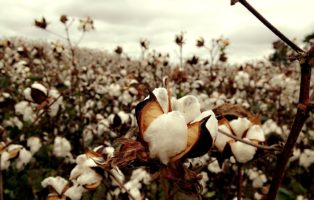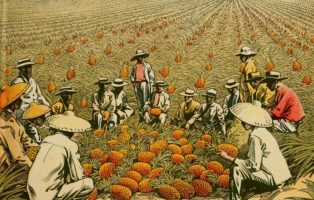Beckert, Sven
NIAS-Theme Group Fellow

Commodity frontiers and the making of Global Capitalism
Providing a long historical perspective on problems that are often assumed to be modern, the Commodity Frontiers Initiative will endeavor to recast our thinking about issues of sustainability, resilience, and crisis and thus contribute to the politics of our own times.
Project Description
The Commodity Frontiers Initiative aims to systematically catalogue, study and analyze a wide variety of commodity frontiers over the past 500 years. Commodity frontiers are sites of cultivation of commodities like wheat, sugar cane, tobacco, cocoa, coffee, and cotton, as well as sites of extraction such as forests, marine zones, and mines. Our ambition is to understand the role of the countryside and its people in the history of capitalism through a large multi-year research collaboration that combines local in-depth studies with innovative digital technologies.
Selected Publications
Empire of Cotton: A Global History (New York: Alfred A. Knopf, 2014). (German translation Munich: C.H. Beck, 2014; UK edition: Penguin UK, 2014; India edition: Penguin India, 2014; Spanish translation: Barcelona: Critica, 2016; Italian translation: Rome: Einaudi, 2016; Dutch translation, 2016; plus further translations in Korea, China (mainland), China (Taiwan), Russia, Turkey, and Japan.
Slavery’s Capitalism: A New History of American Economic Development, eds. Sven Beckert and Seth Rockman (Philadelphia: University of Pennsylvania Press, 2016).
The Monied Metropolis: New York City and the Consolidation of the American Bourgeoisie (New York: Cambridge University Press, 2001). (Paperback published in 2003.)

